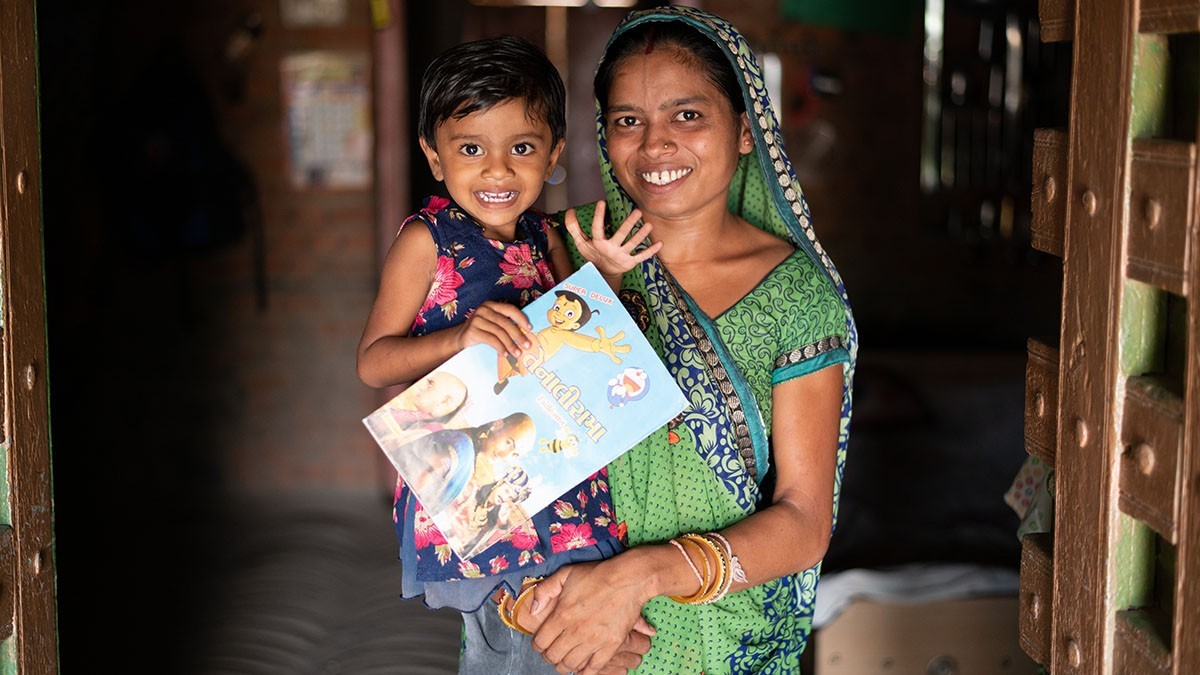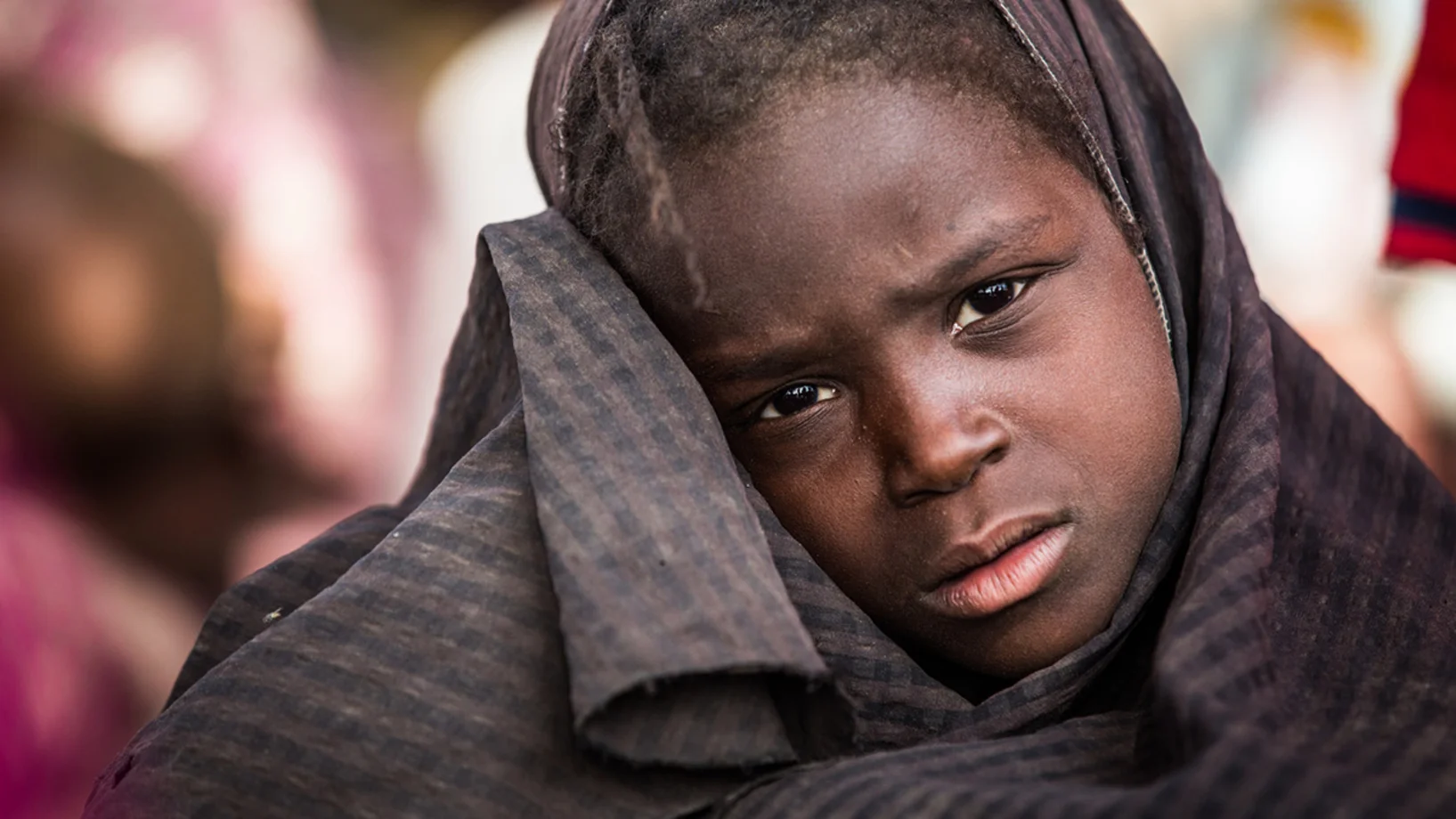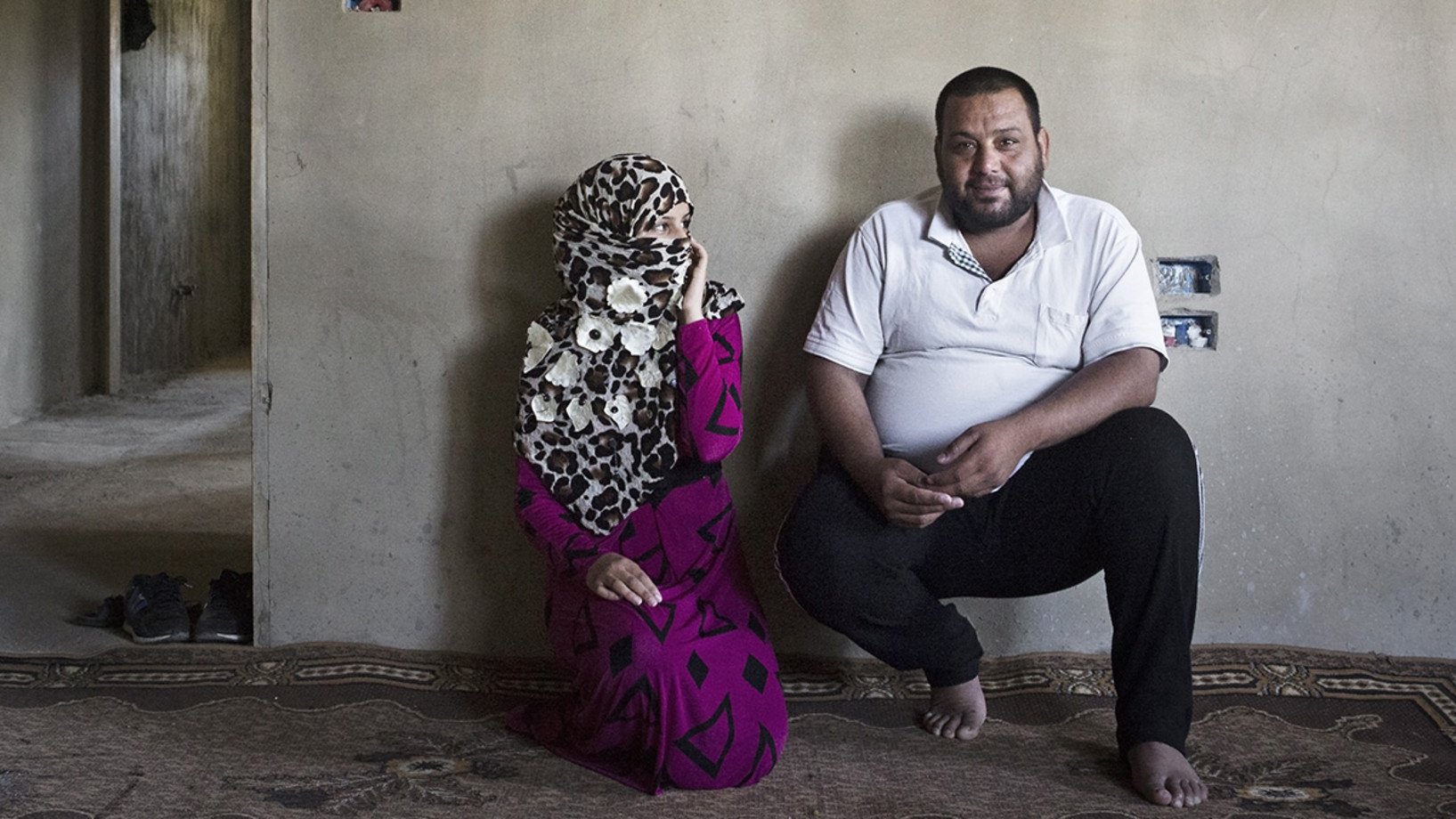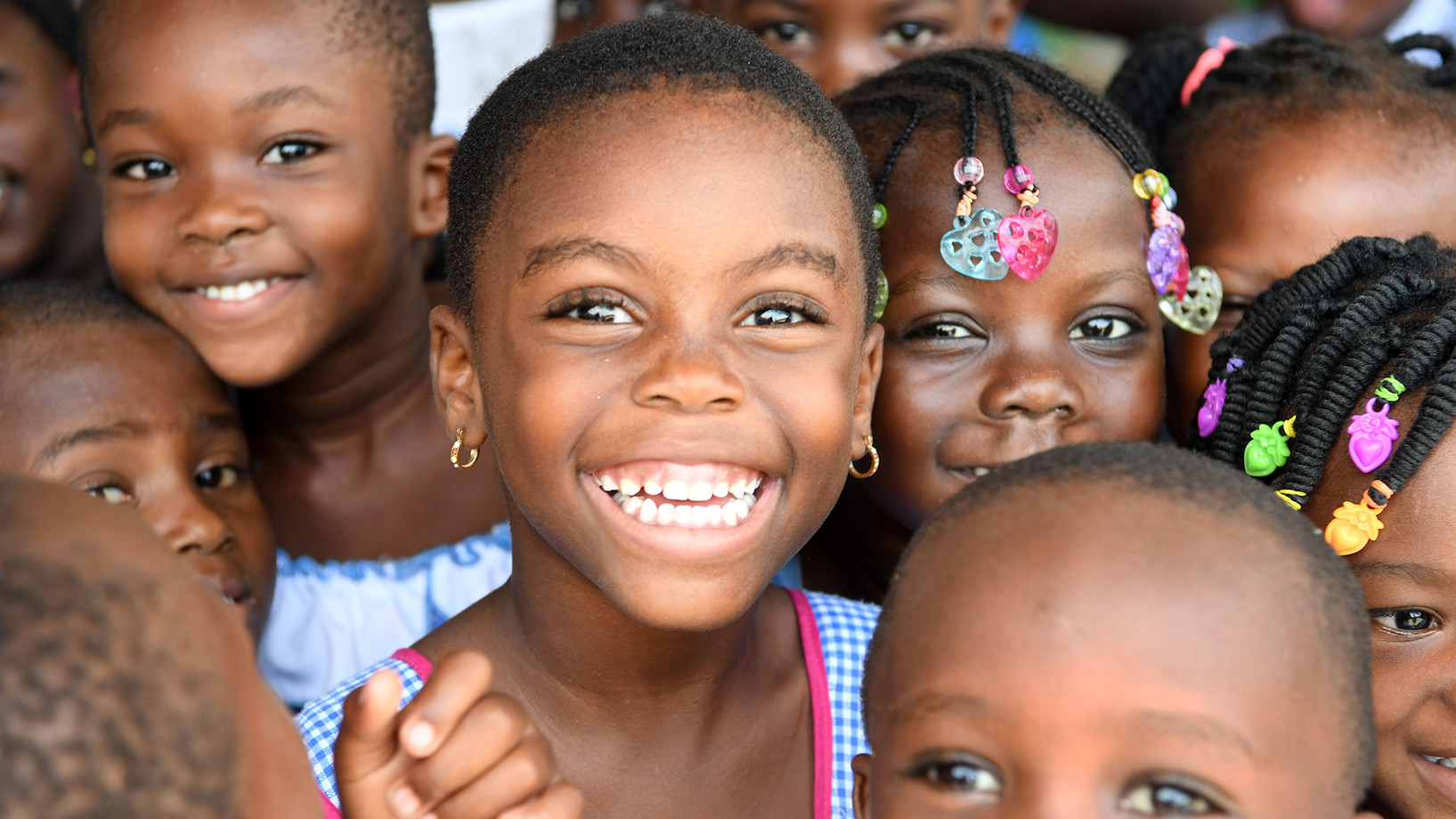In India, millions of girls are at a disadvantage as soon as they are born. Their parents often struggle for daily survival, need every helping hand they can get around the house and in the fields, and try to marry off their daughters as quickly as possible. In the especially hard-hit state of Bihar, UNICEF is working to improve girls’ schooling by equipping them with digital and analog educational skills.
The situation
Indian law prohibits girls under the age of 18 from marrying. However, 27 percent of current 20- to 24-year-old women were married before their 18th birthday. Marrying too early is not only against the law, but in many cases also leads to serious health and emotional problems for the young women in question. In addition, most of them drop out of school and do not learn a trade. The COVID-19 pandemic has further exacerbated existing inequalities in education and, in particular, has revealed a digital divide in rural areas. In the state of Bihar, girls, especially those belonging to the lowest caste, are particularly disadvantaged in terms of access to and quality of schooling. Many girls have to help out at home or look after siblings, and are married off at an early age. Education would be the key to them escaping poverty and living a free and independent life.
How UNICEF helps
For UNICEF, equal opportunities and integration are the most important goals when it comes to girls’ education. The Children’s Fund has been advising the Indian Ministry of Education for more than twenty years and supports the government in developing and implementing appropriate strategies.
A mobile learning center known as the Knowledge Bus enables UNICEF to bring books and computers to disadvantaged girls and raise parents’ awareness of the importance of schooling. UNICEF is committed to ensuring that girls have access to digital learning and are taught the digital skills they need to receive a high-quality school education and prepare for the modern job market.
Investing in a solid education for girls pays off. Girls who go to school tend to be less likely to be forced into early marriage, have their own children at a later age, suffer less violence and exploitation, and are much more likely to escape the poverty trap.
You can help too.
By sponsoring a project, you can help to give Indian girls a school education and therefore a self-determined life. We thank you from the bottom of our hearts.



